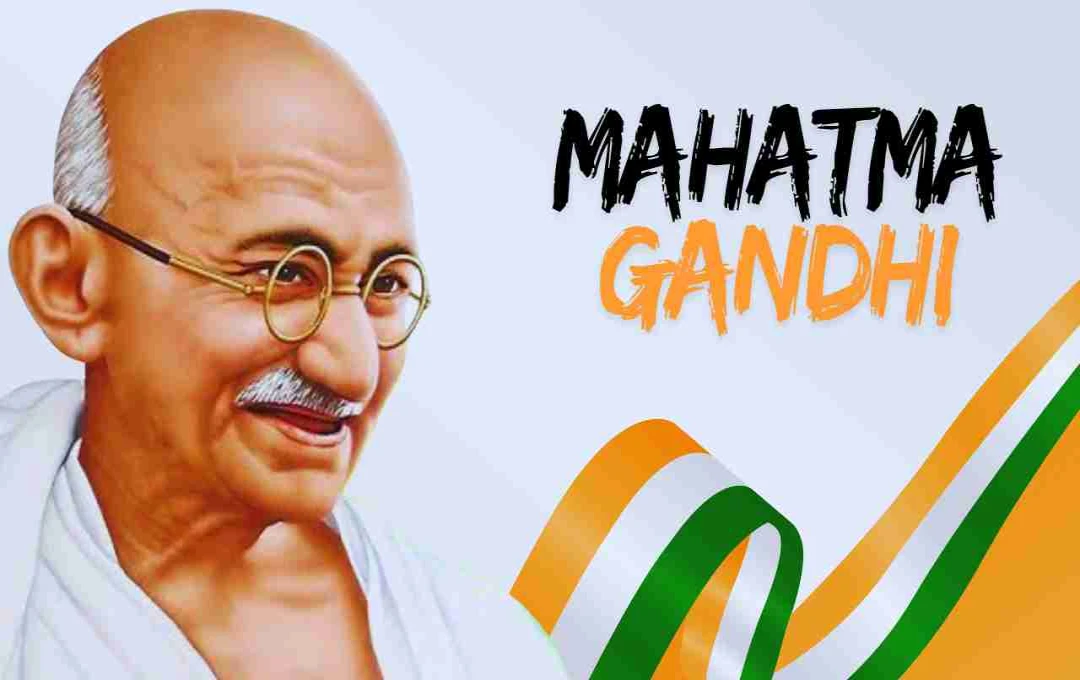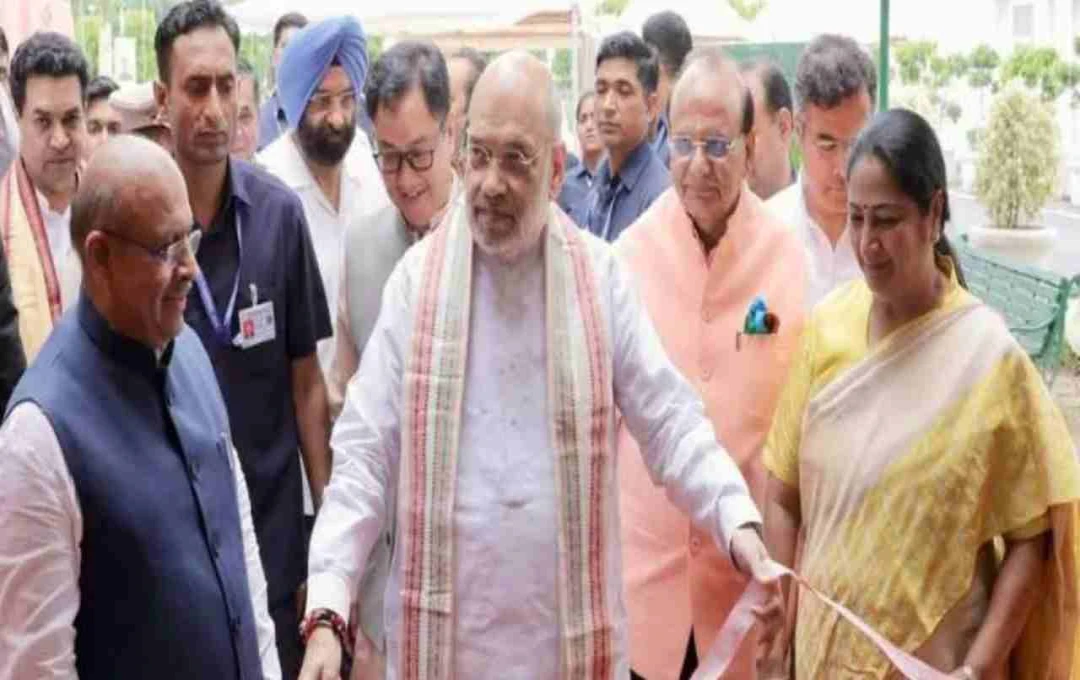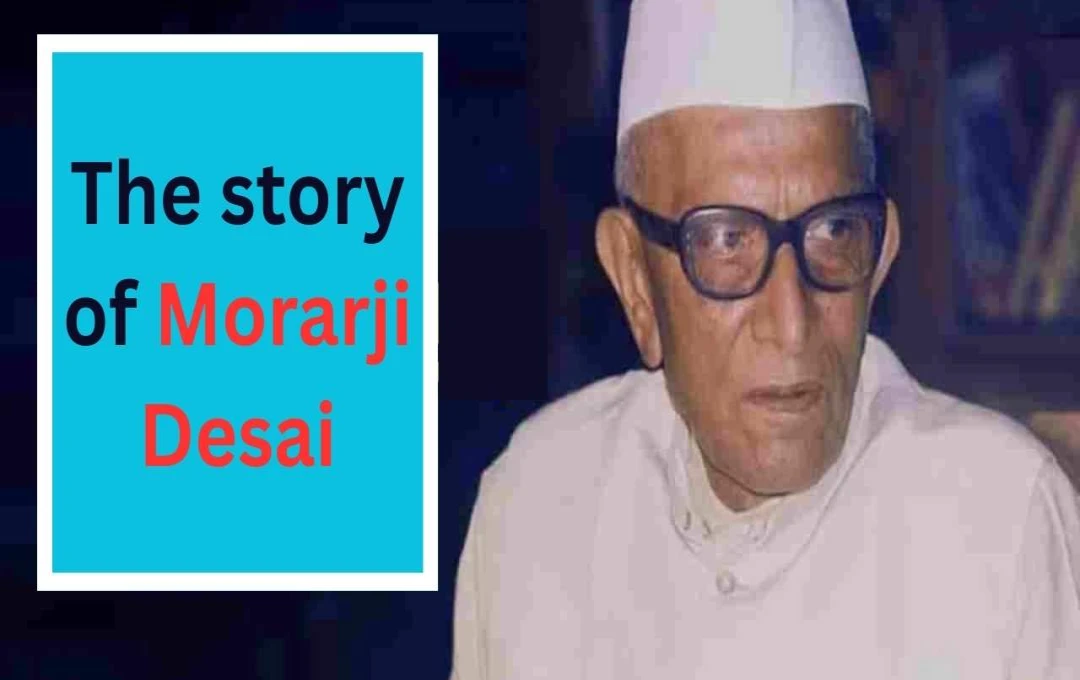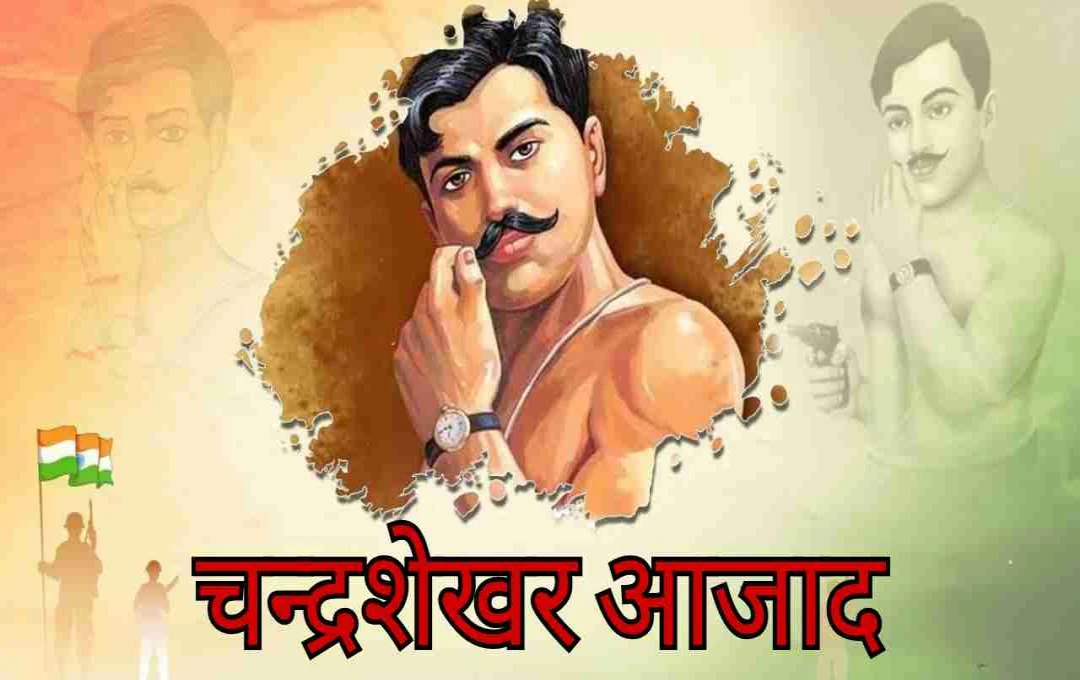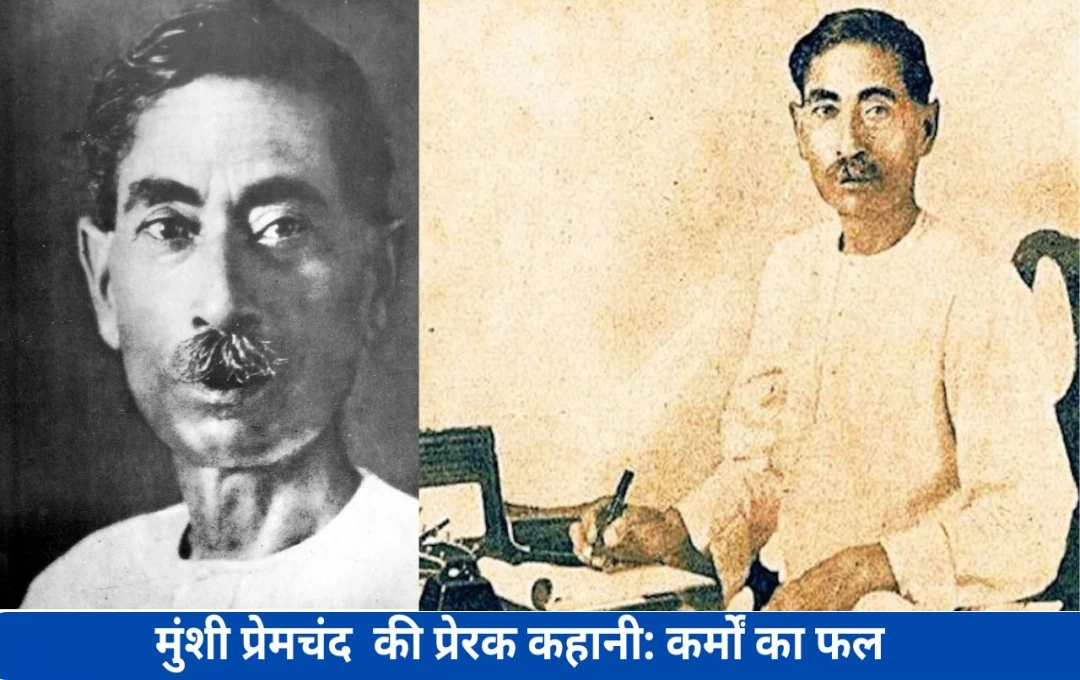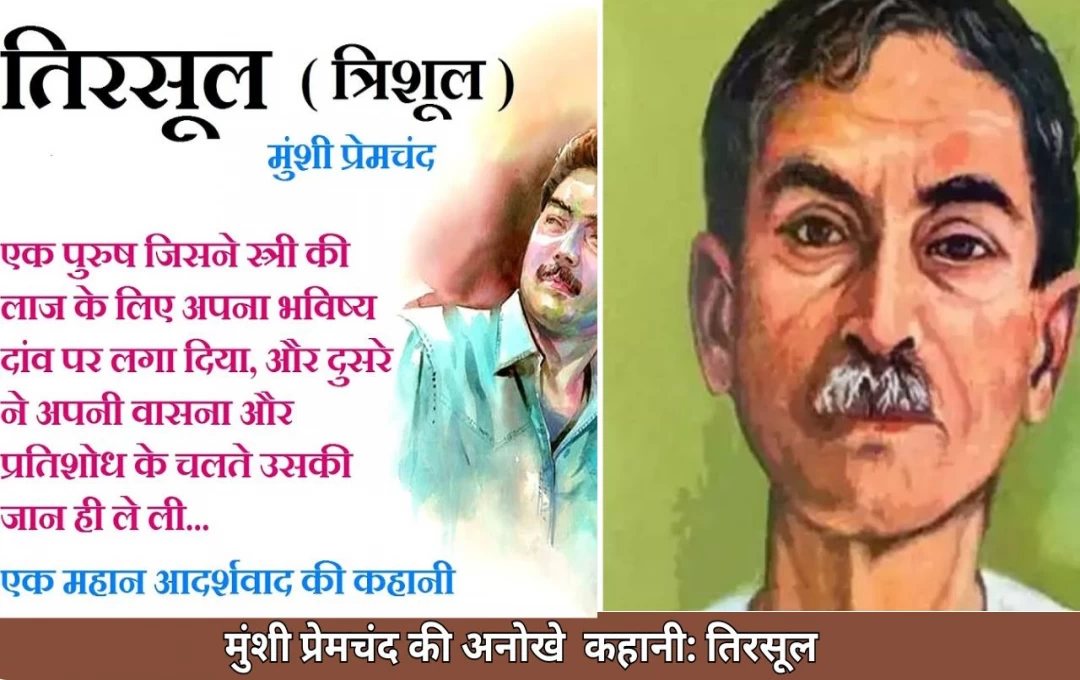He was a leading figure in India's freedom struggle, a symbol of truth and non-violence. He led non-violent movements against British rule through non-cooperation, the Salt Satyagraha, and social reforms.
Mahatma Gandhi: whose real name was Mohandas Karamchand Gandhi, was born on October 2, 1869, in Porbandar, Gujarat. He is known as an inspiring leader of India's freedom struggle and the 'Father of the Nation'. Embracing the path of truth and non-violence, Gandhiji fought for India's political, social, and economic transformation. His life became a source of ideals and guidance for the Indian people.
Early Life and Education
Gandhiji was born into a Bania family, traditionally associated with trade and finance. His father, Karamchand Gandhi, served as the Diwan of Porbandar and Rajkot, and his mother, Putlibai, was a deeply religious woman who lived a simple life. Mohandas received his early education in Rajkot. He was only 13 years old when he married Kasturbai Gandhi. Continuing his education, he went to England to study law and obtained a barrister's degree.
While living in England, Gandhiji adopted a strictly vegetarian lifestyle and studied religious texts. He studied Hinduism, Buddhism, the Bible, and the Quran, which profoundly influenced his life and philosophy.
Initiation of Satyagraha in South Africa
In 1893, Gandhiji went to South Africa, where he witnessed racial discrimination against Indians. Indians were prevented from traveling in certain train carriages and faced discrimination in public places. In one incident, he was thrown off a train, which spurred him to become active against racial injustice.
In South Africa, he established the 'Natal Indian Congress' and launched movements to protect the rights of Indians. Here, he developed the method of Satyagraha, a non-violent approach to struggle and protest. He also promoted religious, economic, and social reforms.
Return to India and the Freedom Struggle
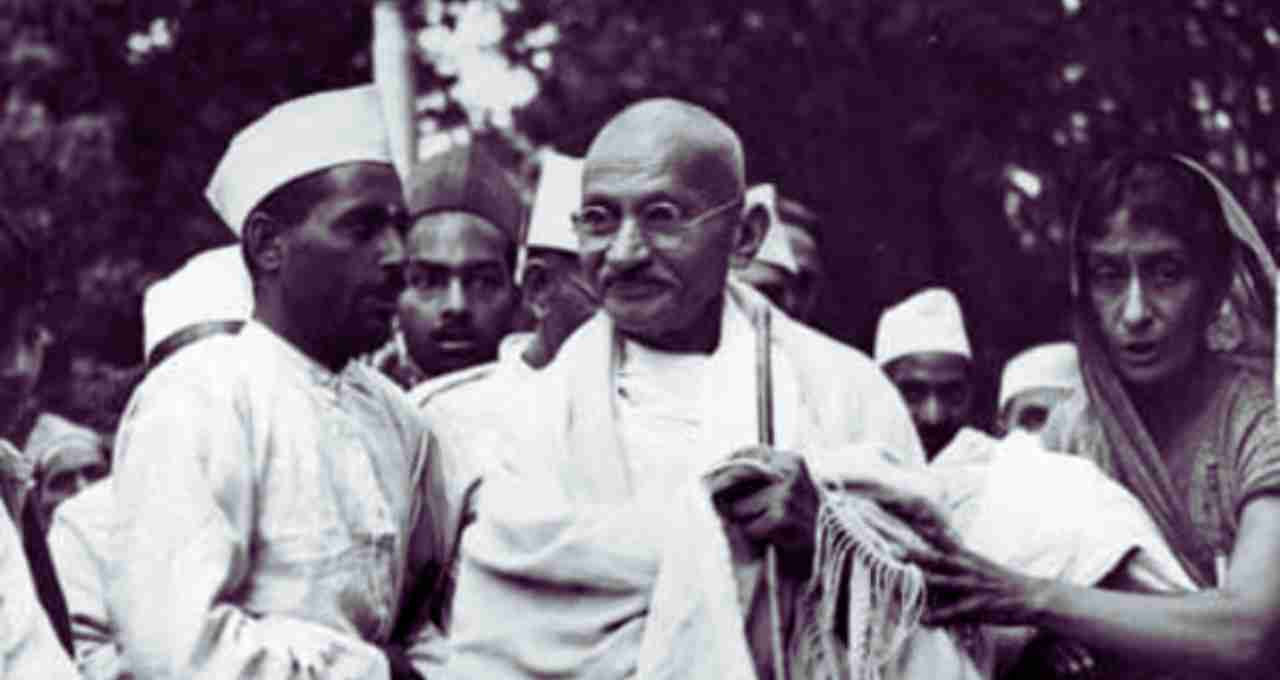
Gandhiji returned to India in 1915 and joined the then-Indian national movement. He established the Sabarmati Ashram and initiated the Khadi movement. He inspired people to become self-reliant and to engage in non-violent resistance against the British. In 1917, Gandhiji led Satyagraha for farmers' rights in the Champaran and Kheda movements.
His primary contribution was to fight against the British in India through Satyagraha and non-violent movements. He taught people the power of protest and worked for the upliftment of the oppressed sections of society.
Non-Cooperation Movement and Salt Satyagraha
In 1919, Gandhiji called for a strike against the Rowlatt Act. The Jallianwala Bagh massacre shook the entire nation. Gandhiji led the Non-Cooperation Movement and guided widespread mass movements against British rule.
In 1930, he led the Dandi March, where he non-violently broke the law in protest against the salt tax. This movement became one of the significant events in India's freedom struggle.
Efforts for Social Reforms
Gandhiji's social outlook was based on equality and justice. He raised his voice against untouchability and casteism. He led several movements for the upliftment of Harijans. He consistently inspired for women's rights and education.
Gandhiji emphasized the development of rural India and the promotion of indigenous industries. He introduced the concepts of Nai Talim (a new method of education) and Gram Swaraj (village self-rule). In his vision, the purpose of education was to create self-reliant citizens and teach social responsibility.
India's Independence and Partition
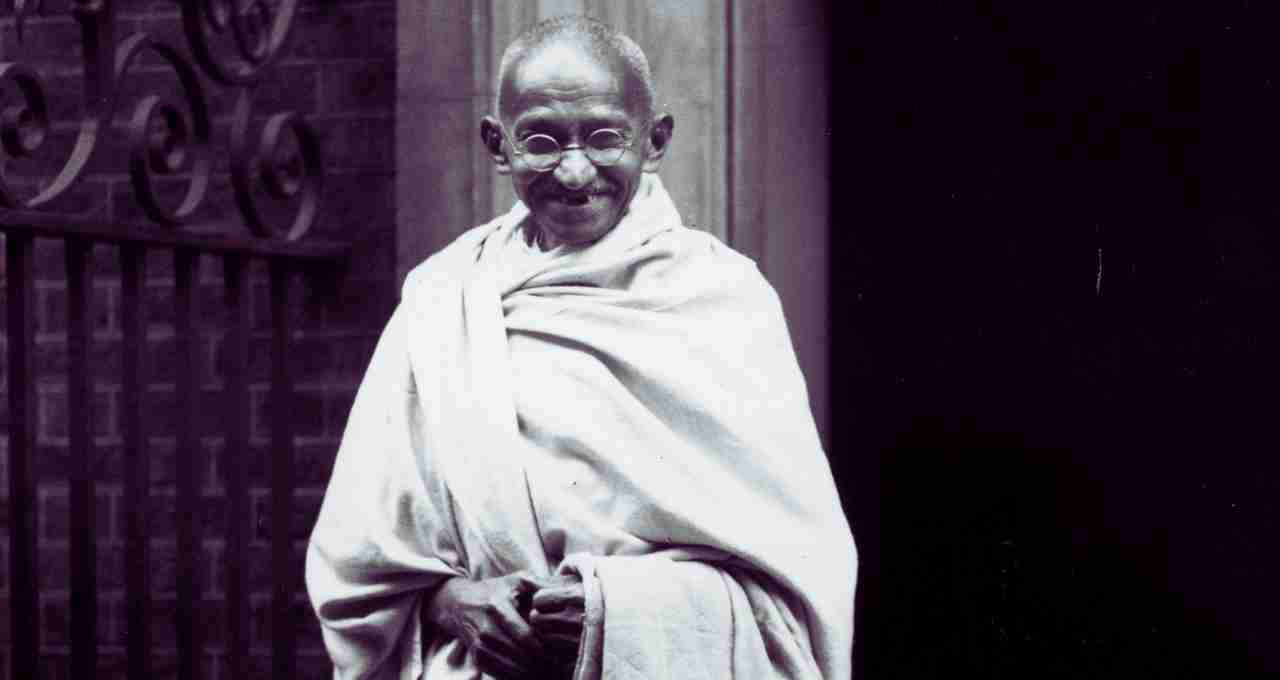
Gandhiji led non-violent movements in opposition to the partition of India and the creation of Pakistan. During the partition, he strived to maintain peace in Bihar, Bengal, and other regions. His life was always founded on the principles of secularism, tolerance, and non-violence.
Life's Ideals and Impact
Mahatma Gandhi embraced truth, non-violence, and ethics in every aspect of his life. He showed the world that profound political and social change is possible even through non-violent means. His influence extended to many global leaders who adopted his ideals, such as Martin Luther King Jr., Nelson Mandela, and Steve Biko.
Gandhiji's birthday, October 2, is celebrated as 'Gandhi Jayanti'. The United Nations has declared it the International Day of Non-Violence. His philosophy remains a source of inspiration in the fields of education, politics, and social justice today.
Mahatma Gandhi was not merely a leader of India's freedom struggle; he established the path of truth, non-violence, and social justice. His life symbolizes the principles of simple living, self-restraint, and service. His struggles and ideas continue to be a source of guidance and inspiration for people worldwide today.
